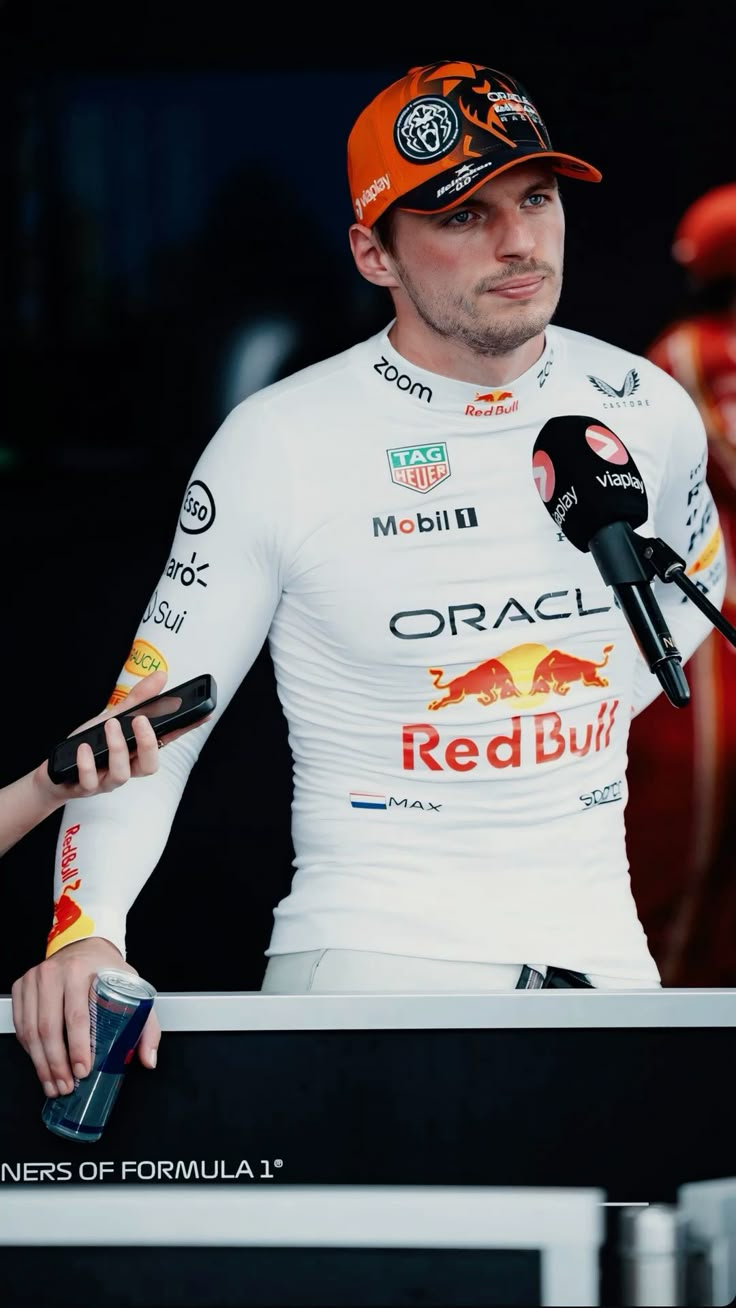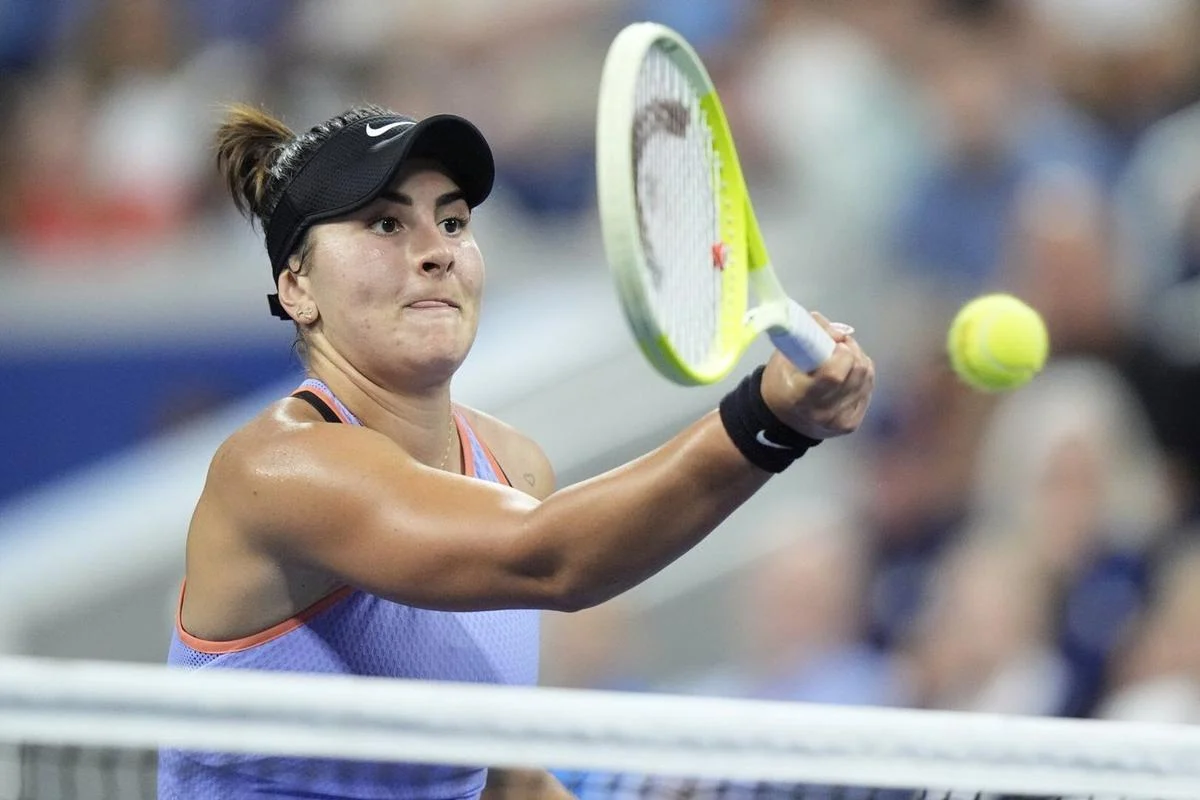Introduction

The 2025 Spanish Grand Prix was nothing short of explosive—intense speed, strategic overtakes, and one controversial incident that stole the spotlight: Max Verstappen’s clash with George Russell. When the FIA handed Verstappen a 10-second time penalty for causing a collision, the F1 world erupted. Was it the right call, or a harsh verdict influenced by reputation and timing?
In this in-depth analysis, we break down the incident, dissect FIA regulations, explore both fan and expert opinions, and answer the burning question: Was Max Verstappen’s 10-second penalty truly justified? Whether you’re a die-hard Red Bull supporter, a Mercedes loyalist, or a neutral racing enthusiast, this guide delivers clarity and insight on one of the most debated moments of the 2025 season.
The Incident: What Happened at the Spanish GP?
On Lap 35 of the 2025 Spanish Grand Prix, George Russell attempted to overtake Verstappen going into Turn 1. As Russell edged ahead, Verstappen defended aggressively, making late contact with the Mercedes driver’s sidepod. Russell veered off the track, momentarily lost position, and radioed in frustration: “He just turned in on me!”
The stewards reviewed the footage and issued a 10-second time penalty to Verstappen, citing Article 2(b) of Appendix L, Chapter IV of the FIA’s International Sporting Code: “A driver must leave a car’s width when another car is alongside.” But was that enough to conclude blame?
A History of Aggression: Verstappen’s On-Track Reputation
Max Verstappen is no stranger to wheel-to-wheel drama. Over the years, his aggressive racecraft has garnered both praise and criticism. Some argue his ruthlessness is what makes him a three-time world champion; others say it crosses the line into recklessness.
Let’s look at his track record:
- 2021 Brazilian GP: Forced Hamilton wide—no penalty.
- 2022 Saudi Arabia GP: Collided with Leclerc—no further action.
- 2023 Monaco GP: Pushed Norris into the wall—5-second penalty.
The inconsistency in steward decisions fuels the controversy. Many fans believe Verstappen often escapes stricter penalties due to his stature in the sport. Was the Spanish GP different?
The Penalty: Understanding the 10-Second Sanction
What does a 10-second penalty mean?
A 10-second penalty in Formula 1 is not minor—it’s significant. It can drop a driver several places in tightly packed fields and, more importantly, affect championship points.
In this race, Verstappen still finished P2, but the penalty sparked debates about:
- Consistency in stewarding
- Impact on championship dynamics
- Perceived bias or favoritism
Was it fair?
To assess fairness, consider three angles:
- Regulation-Based: FIA rules state drivers must avoid avoidable contact.
- Impact-Based: Russell lost track position and momentum due to the incident.
- Intent-Based: Verstappen made a late move that left no room, leading many to claim it was deliberate or “expected behavior.”
FAQs: What Fans and Experts Are Asking
Was Verstappen 100% to blame?
Not entirely clear-cut. Some analysts say Russell braked late, while others point out Verstappen failed to leave space. However, FIA stewards judged that Max made an “avoidable maneuver,” placing majority blame on him.
Would a 5-second penalty have been more appropriate?
Many former drivers, including Jenson Button and Nico Rosberg, argued a 5-second penalty would’ve sufficed, noting that the move was aggressive but not catastrophic.
Did the penalty affect the race result?
Yes and no. Verstappen’s pace allowed him to maintain P2 despite the penalty. However, in a tighter contest—or a different track—it could’ve cost him the podium.
How did social media react?
Twitter exploded with #JusticeForGeorge and #FIAcorruption trends. Polls showed 62% of fans believed the penalty was deserved, while 38% called it “too soft.” The polarizing nature of Verstappen’s driving style continues to split the F1 community.
Why This Moment Matters for the 2025 Championship
Red Bull and Mercedes are once again locked in a title battle. Verstappen’s clash with Russell wasn’t just a racing incident—it was a pivotal moment that could shape the championship’s trajectory.
Championship Standings After Spain:
| Driver | Points |
|---|---|
| Max Verstappen | 187 |
| George Russell | 172 |
| Charles Leclerc | 165 |
Those 10 seconds could be 10 championship-deciding points in November.
The Bigger Issue: Inconsistent Stewarding?
One of the most frequently criticized elements of modern F1 is the lack of consistency in steward decisions.
Similar past incidents with different outcomes:
- Hamilton vs. Albon (2019 Brazil) – 5-second penalty for causing collision.
- Leclerc vs. Perez (2022 Japan) – No penalty, though contact forced Perez off track.
- Verstappen vs. Hamilton (2021 Silverstone) – 10-second penalty for causing major crash.
This fuels arguments that stewards base penalties on driver profiles and media narratives, rather than objective racing facts.
What Needs to Change: Actionable Insights
To ensure fairness and improve fan trust, F1 must:
- Introduce AI-assisted reviews: Use data modeling to assess impact and intent.
- Standardize penalty ranges: Similar to football’s yellow/red card system.
- Improve transparency: Publicly release steward deliberations and audio.
- Include ex-drivers on all race panels: For racing insight and balanced judgement.
Key Takeaways: Was the Penalty Correct?
Here’s the bottom line.
| Aspect | Verdict |
|---|---|
| Rule Violation | Yes – Verstappen broke FIA guidelines |
| Impact on Russell | Medium – Loss of time and position |
| Steward Consistency | Questionable |
| Public Reaction | Mixed |
| Championship Implication | High |
Final Judgment: Yes, the 10-second penalty was justified based on current rules—but it exposes deeper flaws in how F1 manages fairness and consistency.
Conclusion: A Warning Shot or Business as Usual?
The Spanish GP once again revealed F1’s paradox: a sport of precision engineering ruled by imprecise human judgment. Verstappen’s penalty may be seen as a rare moment of accountability or just another vague call in a sport desperate for clearer lines.
As F1 heads to Austria, the pressure is mounting—not just on the drivers, but on the rule-makers. Will the FIA tighten its process? Or will we keep seeing race outcomes swayed by subjective decisions?
One thing is certain: the 2025 Spanish GP will be remembered—not for the winner, but for the penalty that reignited the call for reform.


